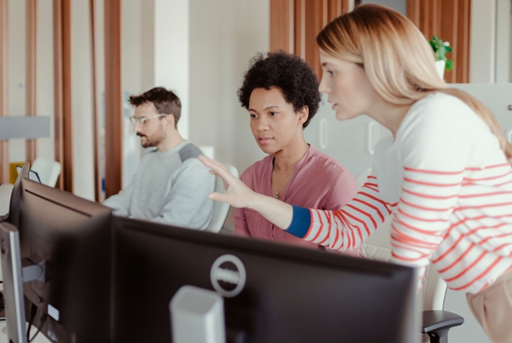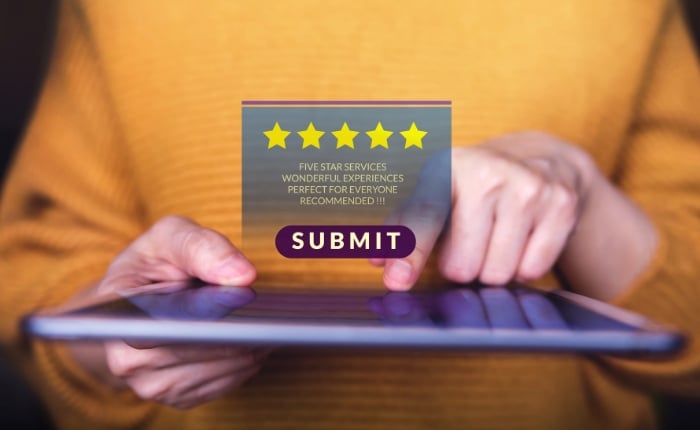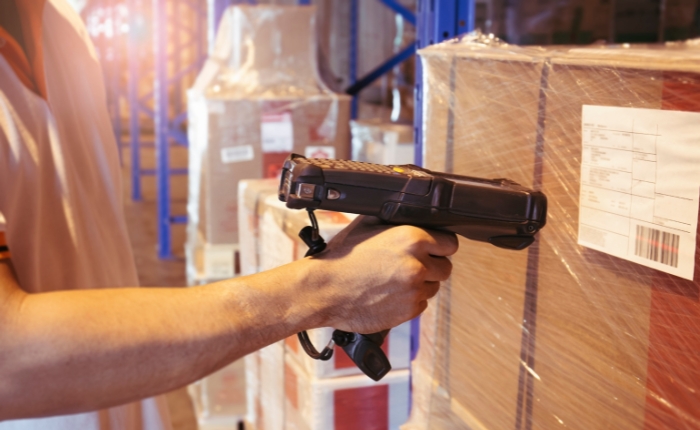Sarah Bowman and her husband Caleb Clarke knew they faced more than the usual challenges when they decided to set up a craft brewery on Aotea - Great Barrier Island.
Not only were the couple setting up a business on an off-the-grid island 100kms from Auckland, but they were also dedicated to creating a sustainable product. From serving their craft beer in re-usable flagons so they can reduce the waste imprint on the island, to finding alternative uses for all of their brewing by-products, employing local talent and reducing the amount of the precious ground water they use to make their beer, Sarah and Caleb believe making sustainable choices also creates a more resilient and efficient business.
Independence, determination and innovation goes with the territory for Great Barrier islanders. With a family history on the island going back 50 years, alongside the amazing support of their local team and community, the couple were primed to start the off-grid brewery, one of only a few off-grid commercial breweries in the world.
But despite their island savvy and extensive business backgrounds, they were also smart enough to realise their limitations, so decided early on to seek advice from someone “outside their paradigm” who could challenge their thinking.
Sarah, the main driver of Aotea Brewing while Caleb runs his engineering business, had seen the Business Mentors New Zealand programme in action during her 20 years in leadership development, so understood the support and expertise that could be accessed with a business mentor.
“I came into the business recognising that we needed to maintain a way of challenging our paradigms,” she says. “Not only are my husband and I business partners and both determined individuals with strong opinions, but we’re also partners in life, so all the more reason that we needed someone outside our realm to really challenge us.”
With their previous experience centred around service-based businesses, the couple didn’t want to make assumptions about how they applied that to a “very different business environment” moving into a product-based business.
Sarah admits she has no problem asking the dumb questions or admitting she doesn’t know something.
“I would much rather do that than be sideswiped 12 months down the track with an ill-informed strategy - so having a mentor is the perfect way to test your thinking,” she says.
Mark Bright is the couple’s third mentor, who came on board while they were “knee-deep” in initial establishment after their launch in November last year.
Their first pairing with a mentor didn’t work out due to different values and drivers, but Sarah says their second mentor brought “a marketing lens to their partnership, asked fantastic questions and added real value to the conversations they shared” – before leaving his mentoring role to take up fulltime employment.
She says they have more than met their match with Mark, who has added another dimension with his focus on the wider business strategy.
“Mark is really focused on the market, the brand and customer strategy, which is great for us and hits the mark in terms of the different mindsight we need to bring to a product-based business in a crowded market,” Sarah says.
“Fundamentally it’s not about him providing us with answers - the need to find our own answers and create our own strategy remains front and centre, but it’s the questions.
He doesn’t beat about the bush – he’s not there to be nice and pat me on the back and tell me I’m doing a great job. He is there to ask me the hard questions that other people might avoid because it can create some challenging, hot conversations, and that’s good. Constructive conflict by bringing people together with diverse perspectives is how to make businesses robust.”
Aotea Brewery could not be more grass roots New Zealand. In the last 12 months, Sarah and Caleb have literally built their brewery from the ground up.
“You could not get more from scratch,” Sarah says. “There were no existing industrial buildings that were appropriate, so we leased a field from a local farmer that was being used for grazing cows. We brought shipping containers over from the mainland to house the whole brewery operation and then built everything, using recycled materials wherever possible, to make it work on the site without having a detrimental effect on the local ecosystem.”
The couple’s focus on sustainability and reducing waste has won them support, not only from the locals, but from Auckland Council, who alongside the brewery and the local bottle store The Rocks, collaborated on a project to raise local awareness and reduce glass waste coming from the island.
Mark says their focus on sustainability also offers a valuable point of difference in business terms.
“While it is a limiting factor in terms of promoting their brand beyond the island, the relevance to the island is a strength – it’s a captive market because the island gets a lot of visitors, so if people want a nice cold craft beer it’s a quality local choice.”
He says the whole idea of mentoring is to give small business owners confidence about where they are heading.
“The process is never easy and it will sometimes turn a client off as it is too difficult, but I’m always very prepared to put any amount of time into helping clients who want to help themselves introduce that little bit of discipline at the front end to do that analysis work.”
He emphasises the importance of sound business planning, particularly around forming a clear vision and undertaking good analysis, “so clients can understand the bigger picture”.
“What I’ve endeavoured to do is to facilitate a process where Sarah and Caleb can recognise the big picture and the competitive forces in the market,” he says.
“It’s also about anticipating the future, which is quite different from predicting the future. Predicting is usually based on the past and predicting where it’s going, whereas anticipating the future takes some good analysis and clear thinking.”
With their retail taproom opening in October, Sarah feels like the value Mark can offer to the business will continue to grow as the business evolves.
“His understanding of our business and the trust in the relationship is strengthening and we are really looking forward to working with him to strengthen our ability to respond creatively to what will come next.”
Sarah’s 3 key takeaway points for startup businesses are:
1: Hunt out people beyond your business that can offer different perspectives but share your underpinning values.
2: Be as explicit about your environmental and social objectives as your commercial ones – businesses can only exist and thrive in relationship to their environment.
3: Being robust in business is less about having all the answers than becoming adept at asking yourself the hard questions. We are trained out of asking questions and into being ‘experts’ and jumping too quickly to the answers, so if you need inspiration to relearn how to ask questions, listen to kids.







